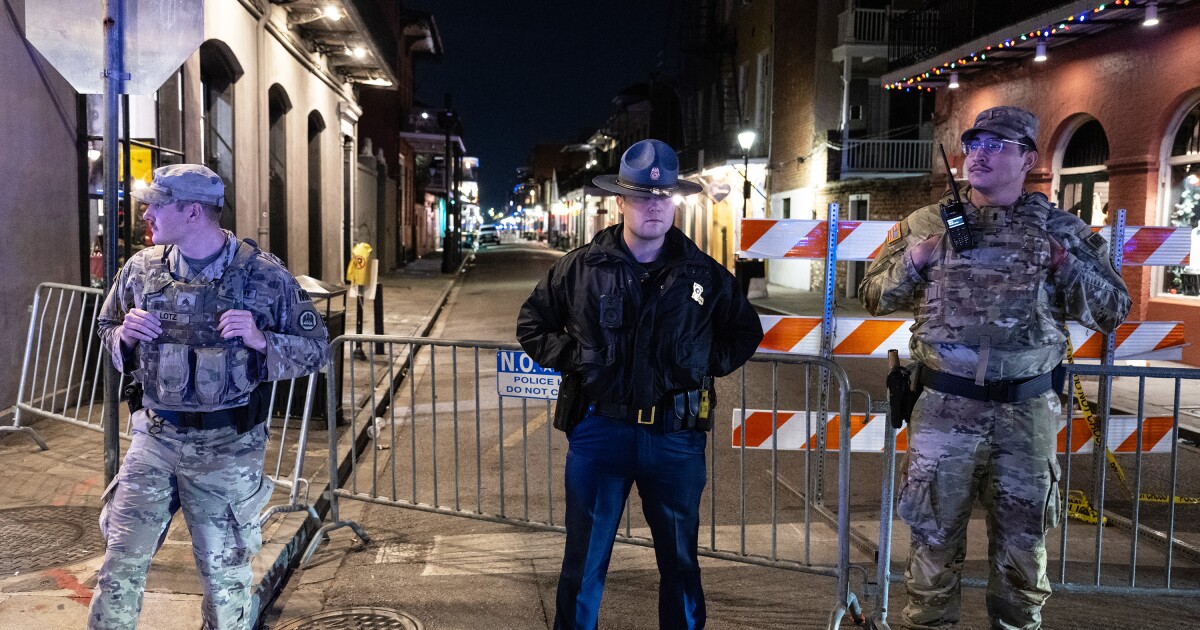Unlock the Editor’s Digest for free
Roula Khalaf, Editor of the FT, selects her favourite stories in this weekly newsletter.
Israeli air strikes killed scores of Palestinians in northern Gaza on Saturday as Israel kept up its offensive against Hamas days after killing the militant group’s leader, Yahya Sinwar.
Health authorities in the besieged strip said at least 73 people, mostly women and children, were killed after a residential complex in the northern town of Beit Lahiya was hit on Saturday night, adding that many others were still trapped under the rubble. The toll brings the number of Palestinians killed in northern Gaza over the weekend to more than 100.
The Israeli military said the numbers released by Gazan authorities were exaggerated according to its initial assessment, adding that it had struck a Hamas target.
Israel’s strikes in northern Gaza come as western and Arab nations seek to use the death of Sinwar, who masterminded last year’s October 7 attack on Israel that triggered the war, to revive their efforts to press for a ceasefire and secure the release of hostages held in the strip.
But Israel has continued to fight on multiple fronts, including in Lebanon, where it launched a strike on the southern suburbs of Beirut on Sunday and has pushed on with a ground offensive against Hizbollah in the south.
In northern Gaza, the Israeli military has continued military operations that have killed scores of people in recent days. Earlier on Saturday, Palestinian health authorities said Israeli strikes killed at least 33 people in the Jabalia refugee camp.
Israeli Prime Minister Benjamin Netanyahu said on Saturday that Israel was “determined to achieve all our war objectives and change the security reality in our region for generations to come”.
He accused Hizbollah of trying to “assassinate” him after the Israeli military said a drone fired by the Iranian-backed group hit a structure in the northern seaside town of Caesarea, where Netanyahu has his private residence. The prime minister’s office confirmed that the home was the target but that Netanyahu and his wife were not present and no one was hurt.
Israeli authorities said one person was killed on Saturday and 10 injured when Hizbollah rockets struck the northern towns of Kiryat Ata, Shlomi and Acre.
Hizbollah vowed on Friday that “a new and escalating phase in its confrontation” with Israel was in the offing as it seeks to regroup after suffering a series of devastating blows in recent weeks, including last month’s assassination of its leader, Hassan Nasrallah.
Israel, meanwhile, continued to launch air strikes across Lebanon, including bombing the southern suburbs of Beirut for the first time in several days on Saturday and launching a drone strike on a Christian area of Lebanon.
After Israeli forces killed Sinwar, Israel’s most wanted man, in southern Gaza on Thursday, US secretary of state Antony Blinken said Washington would “redouble” its efforts to end the war in Gaza, which is also viewed as crucial to efforts to halting the escalating conflict between Israel and Hizbollah.
But after Sinwar’s death, Hamas continued to insist it would only agree to a deal to free the hostages and halt the fighting if there was a permanent ceasefire and Israeli forces withdraw from the strip, while Netanyahu insists that war will only end if the group lays down its weapons and releases the captives. There are estimated to be 101 hostages remaining in Gaza, though many are believed to be dead.
Netanyahu has refused to accept a permanent ceasefire or to agree to pull Israeli troops out of the strip, where Israel’s offensive has killed more than 42,000 people, according to Palestinian health authorities.
The Israeli military has been conducting a weeks-long offensive in devastated northern Gaza, which has been focused around Jabalia, one of the few places where Gazans remain in the strip’s north after most were forced to flee to the enclave’s south.
Philippe Lazzarini, head of the UN agency for Palestinian refugees, said another 20,000 people were forced to flee Jabalia on Saturday, adding that a critical shortage of fuel and medical supplies was reported in the last remaining hospitals.
The UN has said two out of three hospitals remaining in northern Gaza have been directly hit, warning that the “attacks are deepening an already alarming humanitarian crisis”.
Credit: Source link











